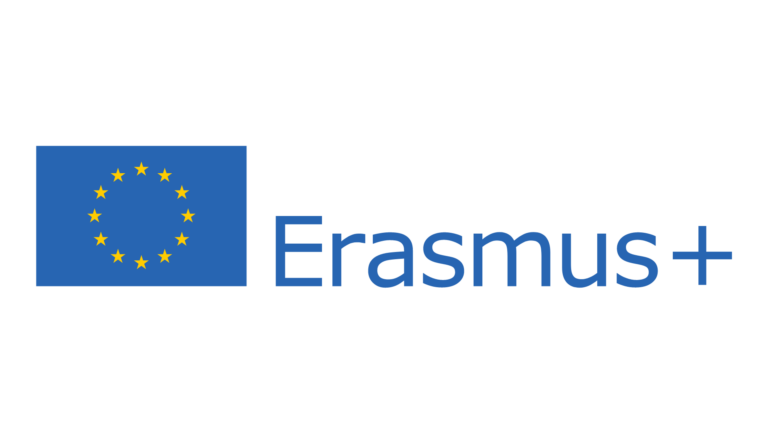International cooperation is essential for modern universities for several key
reasons:
1. Exchange of Knowledge and Research:
Collaboration with international institutions allows universities to share knowledge and research
ideas with the broader academic community, potentially leading to new discoveries, innovations, and
improvements to existing studies.
2. Access to Global Resources:
International cooperation provides universities with access to global resources, including
specialized expertise, unique data, and advanced technology.
3. Development of International Perspectives:
Exposure to diverse cultures and ways of thinking helps students and faculty cultivate international
perspectives, which is crucial in today's globalized world.
4. Adaptation to the Global Job Market:
Collaborations with international partners prepare students for the global job market by giving them
experience with different cultures and work environments.
5. Enhanced Reputation:
International cooperation enhances a university's reputation. Partnerships with prestigious
institutions worldwide make the university more appealing to both students and faculty.
In short, international cooperation is vital for the success of modern universities as they
pursue new knowledge, prepare students for the global workforce, and strengthen their institutional
reputation.
Erasmus+ is a European Union program offering a range of opportunities for education,
training, and student and staff mobility. Students can study or intern abroad through this program,
while faculty members can conduct lectures and engage in professional development.
The university should develop a new strategy for international cooperation, encompassing
core principles, vision, mission, and goals related to international collaboration. Mobility and
international partnerships are essential to align with the European Higher Education Area (EHEA) and the
European Research Area (ERA).
The university should integrate international and intercultural elements into its
curriculum, research, and related activities, enabling full participation in regional, European, and
global flows of knowledge and education.
Finally, our university should join new rector's conferences to access additional funding
and participate in research projects.

